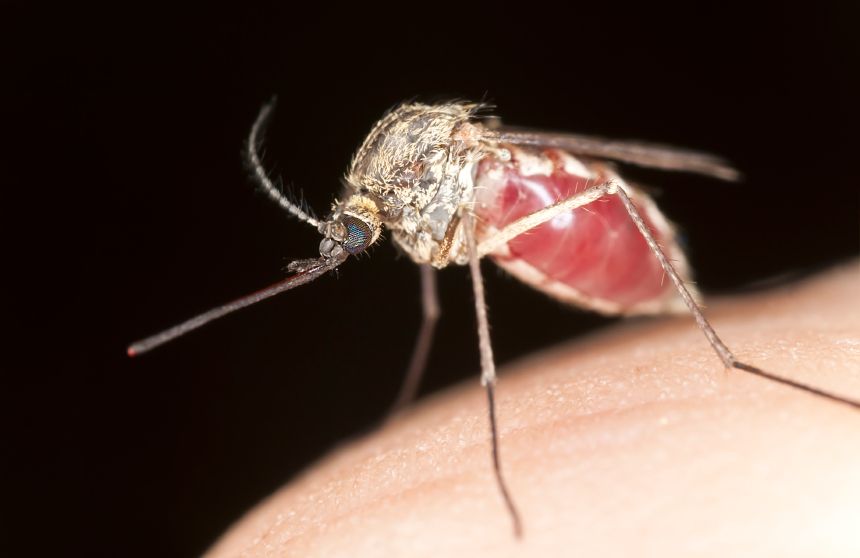Genetically modifying the world’s deadliest creature to wipe it out

Mosquito control
There are more than 3,000 species of mosquito and less than a hundred are able to carry malaria. Malaria parasites attach themselves to the gut of a female Anopheles mosquito and enter a human when she bites us to feed.
Researchers from Imperial College London and Polo GGB, working with partners in West Africa, have successfully suppressed populations of malaria-carrying mosquitoes by using a special type of genetic modification known as gene drives to make female mosquitoes infertile, effectively wiping out the entire population.
Gene drives bias the mosquito’s own genetic inheritance, allowing a genetic modification to spread throughout an entire insect population within a couple of years. A recent experiment, which introduced modified mosquitoes to make up 12.5 and 25% of the study population, led to a complete population collapse in just one year: the first time a gene drive has been shown to be effective when tested in conditions that mimic the natural environment.
This has exciting implications. It could considerably reduce the number of malaria-carrying mosquitoes and therefore the number of malaria cases and deaths. Gene drives do not require regular distribution and can be effective by releasing just a few thousand mosquitoes in several locations, making them low-cost to implement. They are also less affected by resistance and could be used in hard-to-reach areas that are not adequately tackled by existing methods, or alongside the scale-up of existing tools such as nets and insecticides.